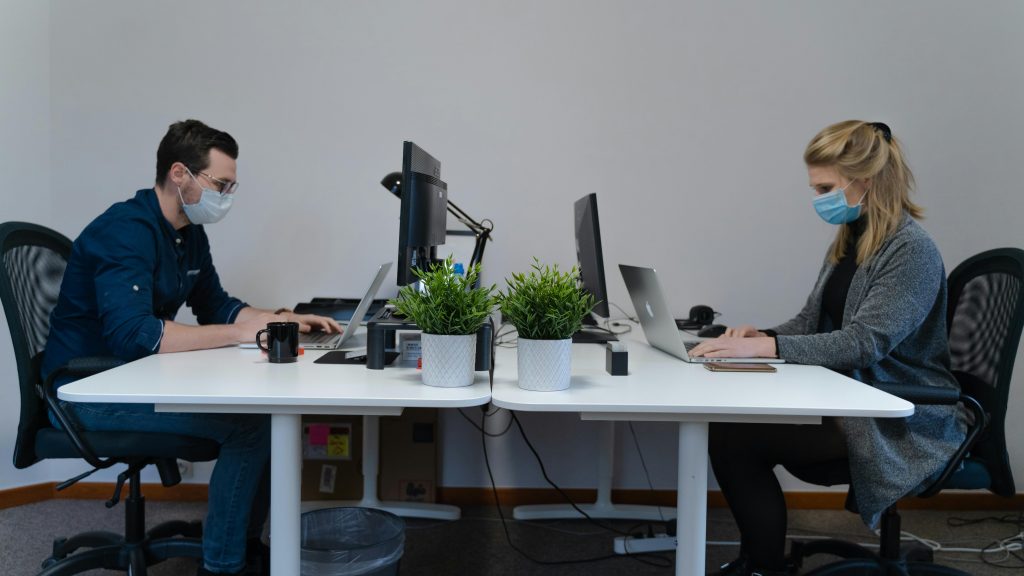Selecting the Right Computer for Your Small Office: A Guide to Cost-Effective Solutions
In today’s fast-paced business environment, having reliable and efficient technology is crucial for smooth operations. If you’ve been tasked with selecting a new computer for your office but feel unsure about where to start, you’re not alone. Many professionals face this challenge, especially when the primary requirements are straightforward: running accounting software and basic office applications. This article offers practical advice to help you choose an appropriate and budget-friendly computer to meet your office needs.
Understanding Your Basic Requirements
Before diving into specific hardware options, it’s important to clearly identify the core functions the computer must support:
- Running Sage Accounting Software: Ensuring compatibility and sufficient performance for financial management tasks.
- Utilizing Microsoft Office Suite: Supporting tasks such as document creation, spreadsheets, presentations, and email.
- Remote Access: Enabling team members to access the system via Chrome Remote Desktop, which necessitates reliable network connectivity and adequate hardware.
Given these needs, the device doesn’t require high-end gaming specs or intensive multimedia capabilities. Instead, a dependable, cost-effective computer that handles essential business applications seamlessly is ideal.
Choosing Between a Laptop and Desktop PC
Both laptops and desktop PCs have their merits:
- Laptops:
- Portability allows for flexible work setups.
- Easier to relocate or use remotely.
- Generally more energy-efficient.
- Desktop PCs:
- Often offer better performance for the price.
- Easier to upgrade and maintain.
- Typically have larger screens and peripherals.
For small offices with minimal mobility needs, a desktop PC might be more economical and easier to upgrade in the long run. However, if flexibility is a priority, a laptop could be advantageous.
Recommendations Based on Budget and Suitability
Given the straightforward requirements, here are some practical options:
- Entry-Level Desktop PCs:
- Look for models with at least an Intel Core i3 or AMD Ryzen 3 processor.
- Minimum of 8GB RAM to ensure smooth multitasking.
- SSD storage (256GB or larger) for faster boot times and application loading.
-
Integrated graphics are sufficient for these tasks.
-
Budget-Friendly Laptops:
- Models with Intel Core i3 or AMD Ryzen 3 processors.
- 8GB RAM and SSD storage.
-
Balanced for performance and portability.
-
Refurbished or Certified Pre-Owned Devices:
- Consider reputable suppliers offering refurbished business computers.
- These often come with
Share this content:



